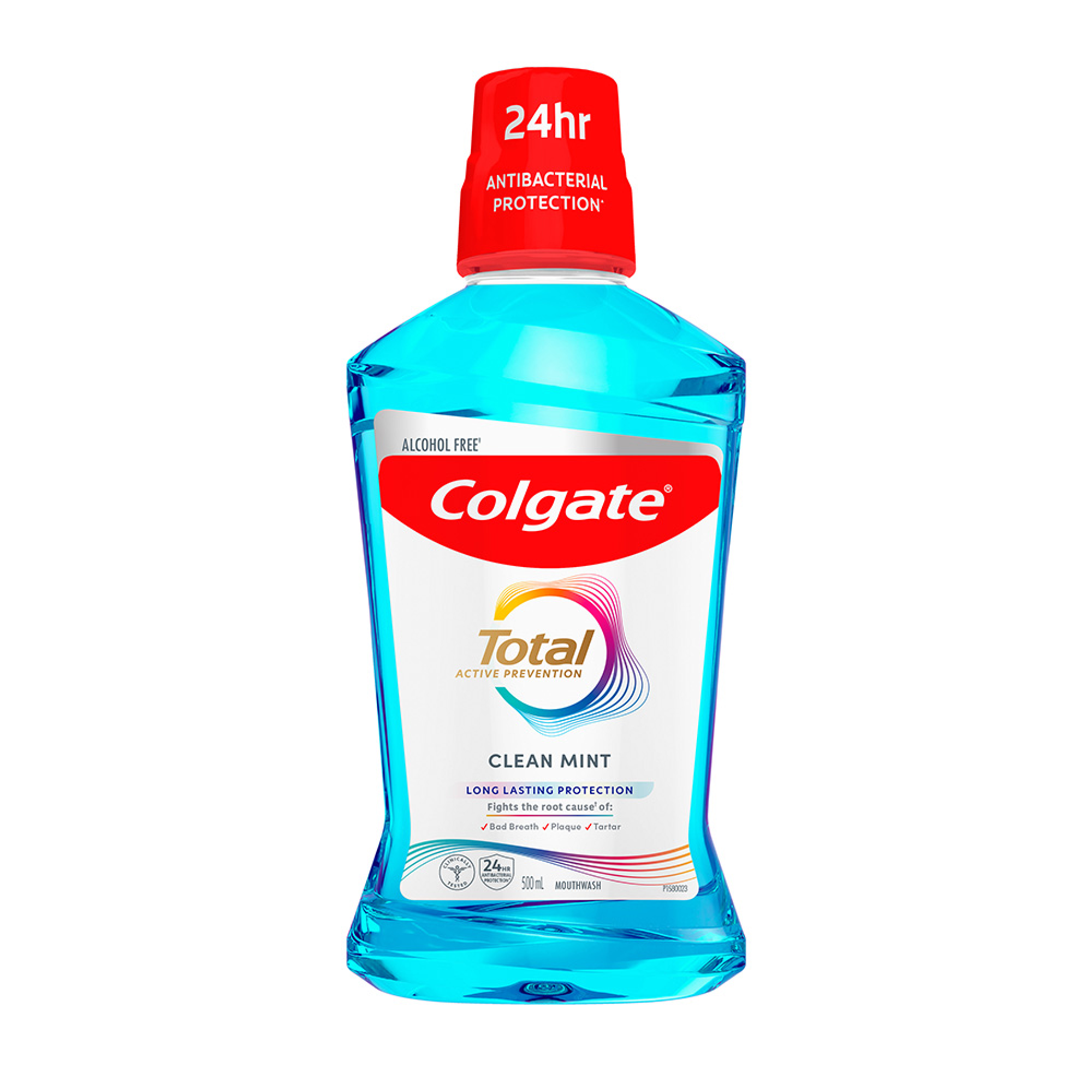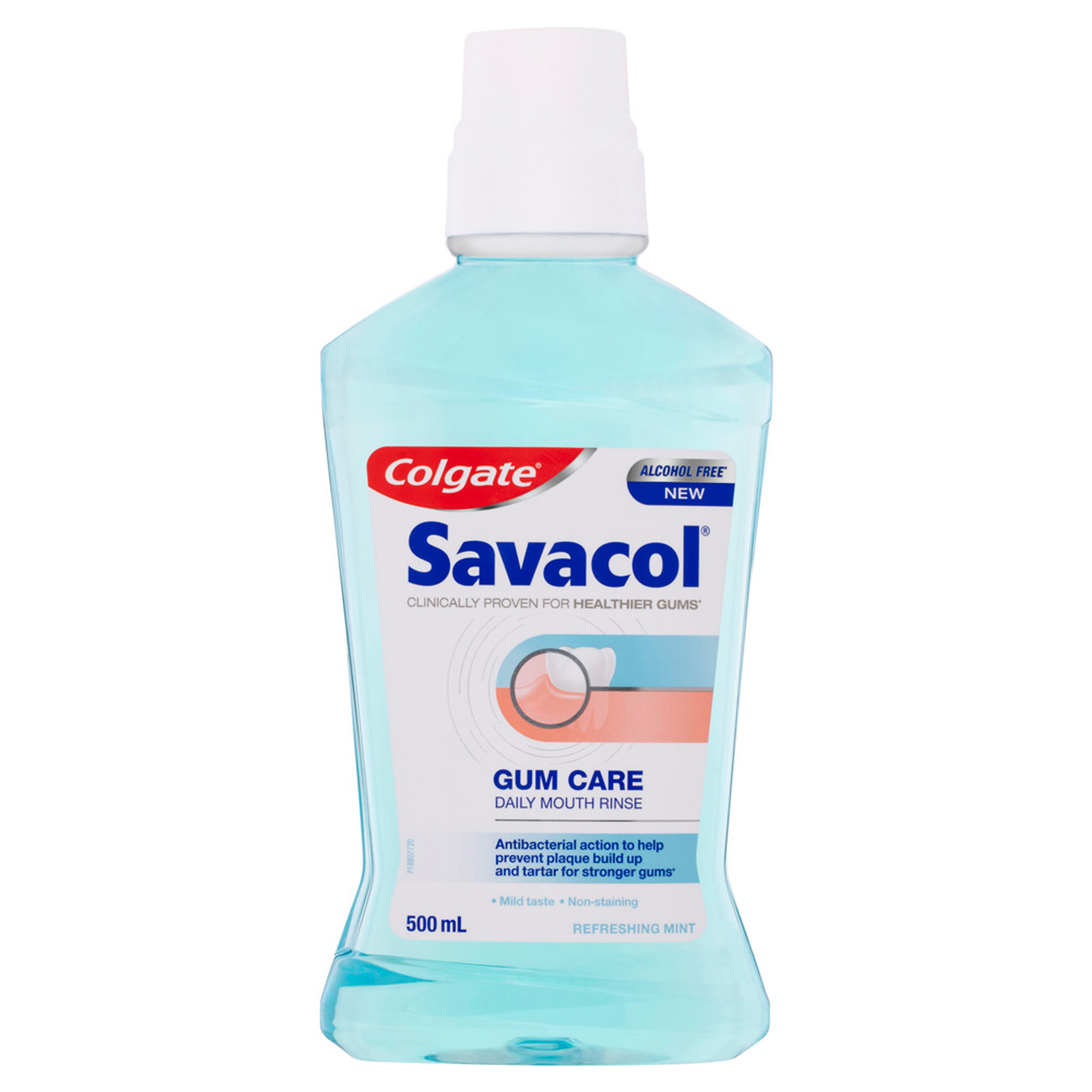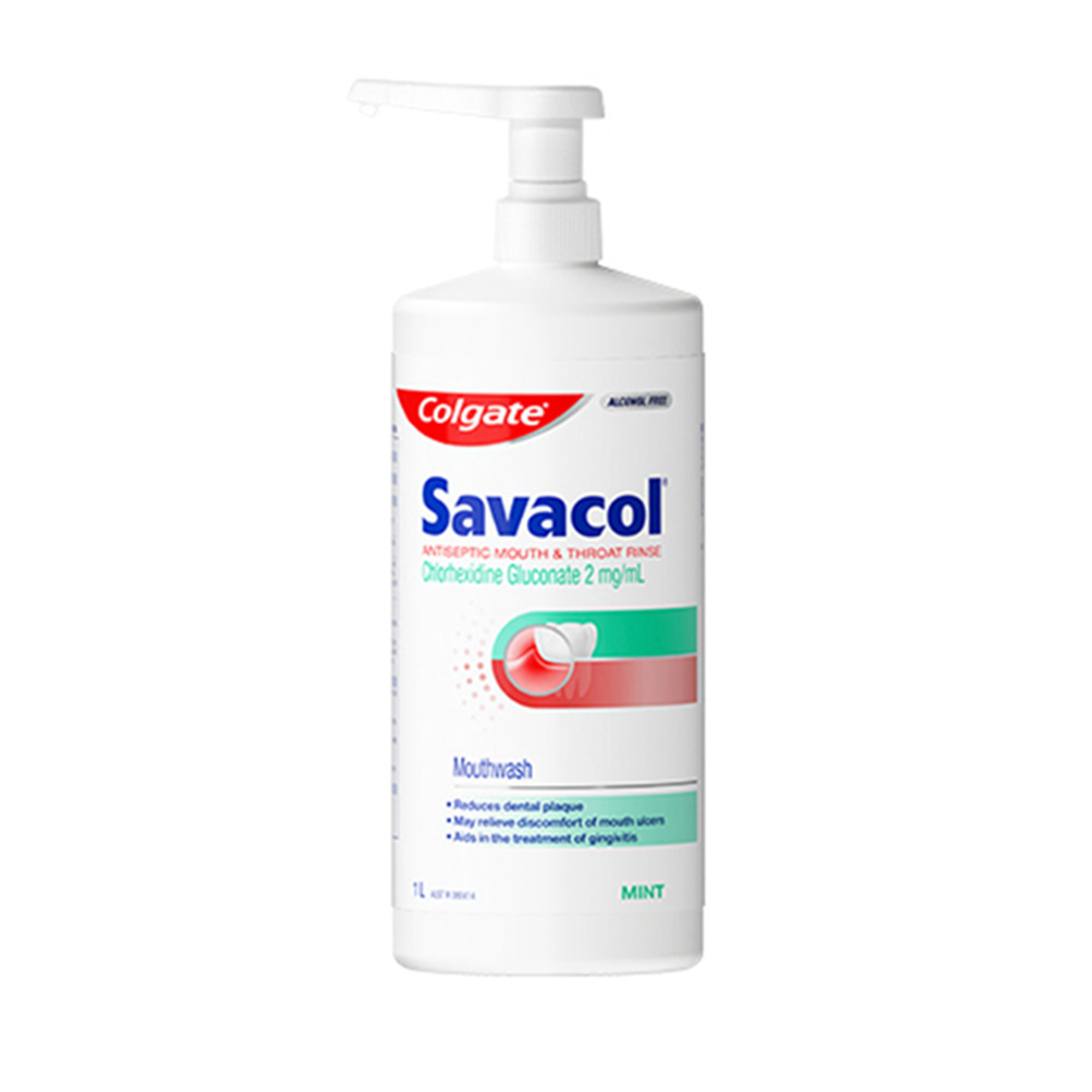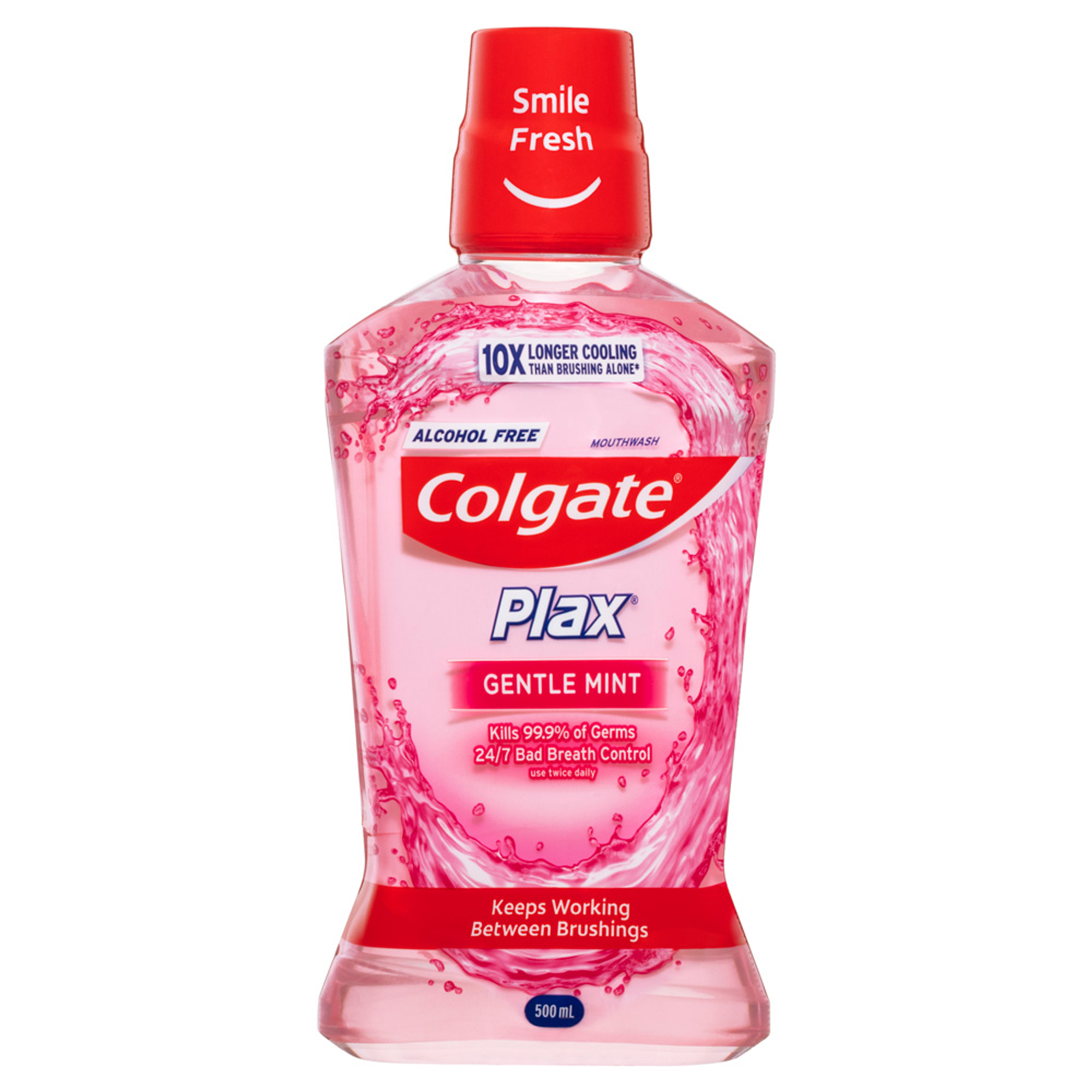
Date: 25th August 2020
Prioritising your mental health when working in the dental profession.
We all know that feeling after a busy day at work….absolutely exhausted ( both physically and emotionally). A day that may have started off as another ordinary day, can quickly turn into a day mixed with many Relief of Pain Patients( ROPs), traumas and other unexpected turns of events. Amongst these appointments, the day can be compounded further with anxious patients, complex treatments and late attenders. All of these factors can combine to form an overwhelming amount of stress. Summarised well by Dental Practitioner Support (2020), “Those in the dental profession can be exposed to stress at work or during study, as well as psychological, cognitive and physical demands which may negatively impact mental health”.
To add to this, we are often faced with common greetings such as “I hate dentists!”, to “no offence but I wish I was anywhere else but here”, to “whatever you need to do as long as it doesn’t hurt!” from our patients. This can leave us feeling emotionally exhausted and unappreciated, leading to burnout. Work related stress can also be pooled with stress from other workplace matters, loss of income or employment (especially during the coronavirus pandemic), and a range of situations from an individual’s private life.
So where can we go to seek support and help and what strategies can we implement to improve our own mental health? Recently launched is a great resource available to all dental practitioners funded by the Dental Board of Australia and operated by Turning Point. The service, aptly named ‘Dental Practitioner Support’ provides a range of online resources and a free confidential 24/7 hotline (1800 377 700) to call, whereby, you will be connected with a trained health professional who can offer support and guidance during these challenging times. Friends, family and work colleagues can also be great allies to touch base with and talk over any matters. Not to be forgotten is your GP, psychologist or other mental health professional, who can be a huge support providing help during times of great stress or when you are feeling burnt out.
But what can we do ourselves to keep our physical and mental health in tip-top shape? Exercise, healthy eating, practicing mindfulness, and optimal sleep are all essential components in supporting both our mental and physical health. We all know as dental professionals the strong relationship between diet and dental health, but eating a well- balanced diet also plays a significant role in both our mental and physical health. Monitoring the amounts of discretionary foods in our diets and encouraging plenty of fresh fruit, vegetables, other whole foods and water to dominate our diets is key. Regular exercise such as team sports, walking, running, swimming, or other forms of physical activity can help not only to improve our health, but assist in encouraging variance in our body’s movements which often remain static and in awkward postures whilst working.
Practising good mindfulness can help remind us to stop and take a moment to focus on the present, listening to our inner thoughts to reduce anxiety and improve clarity. Taking a few minutes to stop and focus on one’s breathing or getting a chance to meditate, can help us to slow down and refocus during busy and stressful periods. Finally, following ‘sleep hygiene’ measures can help to develop and maintain ideal habits to improve the overall quality of our sleep. Better sleep can lead to better mental sharpness, increased energy, help to boost our mental and physical health, and improve our ability to manage stress. Reducing exposure to technology and ‘screens’, establishing a routine, reducing light, and avoiding caffeine at least 4-6 hours before bedtime, can all help to improve the quality of our sleep.
Remember, that regardless of how you may feel at times, you are not alone, and there is always help available. It is okay to ask for help and don’t be afraid to utilise any services available or to chat with any person who you feel comfortable reaching out to. Working in the dental profession can be stressful and it’s important to remember that whilst we are used to placing our focus on looking after our patients, we must also look after ourselves.
If you need support and or someone to speak to there are a range of organisations that are available to you.
- Lifeline - 13 1114
- Beyond Blue 1300 22 4636
- Suicide Call Back Service - 1300 659 467
- Dental Practitioner Support - https://www.dpsupport.org.au/
- Lifeline - https://www.lifeline.org.au/
- Headspace - https://www.headspace.com/
- Beyond Blue - https://www.beyondblue.org.au/
Dental Practitioner Support 2020, Your health matters, Dental Practitioner Support, viewed 18 th August 2020, https://www.dpsupport.org.au
Dental Board of Australia 2020, Dental Practitioner Support, Australian Health Practitioner Regulation Agency, viewed 18 th August 2020, https://www.dentalboard.gov.au/About-the-Board/dental-practitioner-support.aspx#:~:text=Dental%20Practitioner%20Support%20was%20launched,service%20for%20all%20dental%20practitioners.
William ‘CJ’ Carlson-Jones is an Oral Health Therapist currently practicing in rural South Australia working across school & community dental clinics. Completing his Bachelor of Oral Health and Graduate Certificate in Oral Health Science both from the University of Adelaide, CJ is currently undertaking a Master of Business Administration (Health Service Management) with aspirations to facilitate accessible, high quality dental care for all Australians. He is the National Treasurer for the Australian Dental & Oral Health Therapists’ Association (ADOHTA) and is a strong advocate for a team approach to dental care. He is a founding representative on the Colgate Advocates for Oral Health: Editorial Community.
Join us
Get resources, products and helpful information to give your patients a healthier future.
Join us
Get resources, products and helpful information to give your patients a healthier future.











